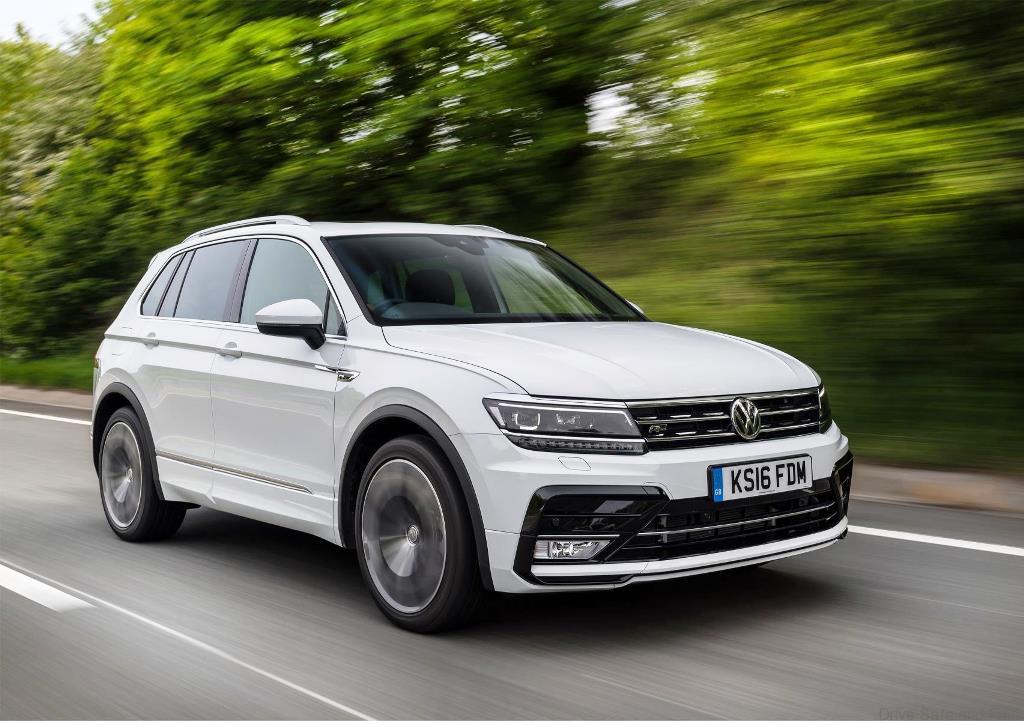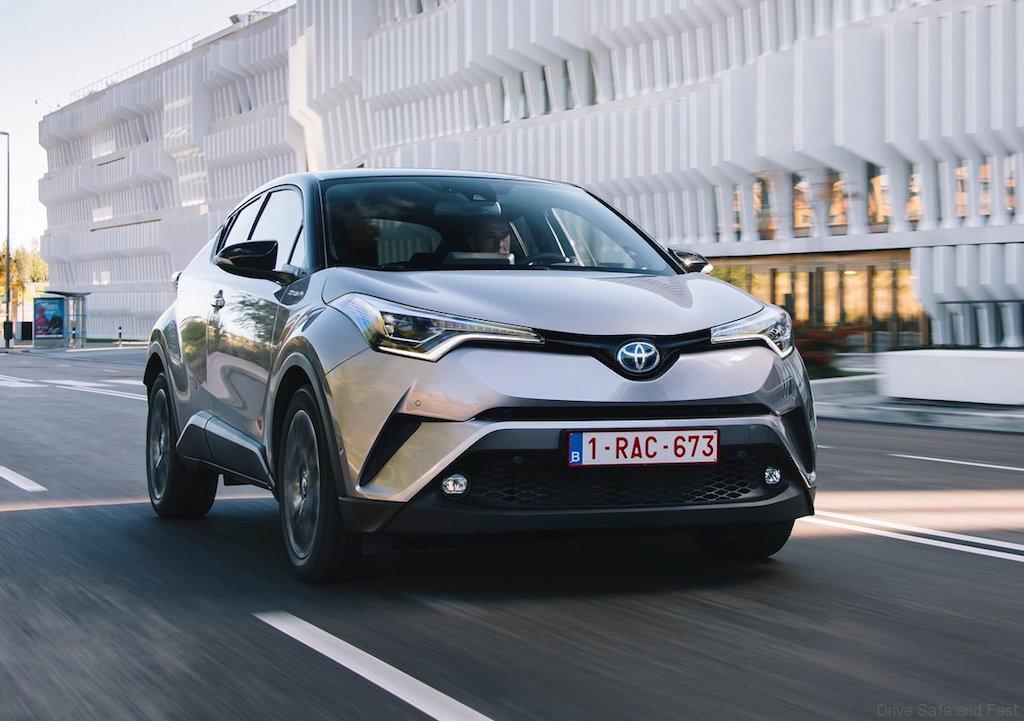While the Volkswagen Group scandal is far from over, here are four facts that show how Volkswagen is weathering the crisis in Europe:
- No fire sales
After more than a decade dominated by empire-building, Volkswagen acquired a sprawling portfolio of assets ranging from Italian motorcycle maker Ducati to MAN Power Engineering, which manufactures motors and turbines for ships and power plants. While the 12-brand group is now reviewing its holdings, there has not been a single divestment stemming from the crisis.
Instead, the company has actually been a buyer. Earlier this month, it acquired a 16.6 percent stake in U.S. truckmaker Navistar International Corp. to add a bridgehead in the U.S. for its commercial-vehicle division, which includes Sweden’s Scania and Germany’s MAN. The investment throws troubled Navistar a lifeline and is seen a possible precursor to a full takeover. Volkswagen also bought a stake in ride-hailing app Gett, which will anchor a push into mobility services.
While there may still be sales down the road — with candidates being Ducati and MAN Power Engineering and an initial public offering for the trucks division — Volkswagen has shown it’s not going to raise cash in a panic.
- Overtaking Toyota
Rather than suffering from customers turning their backs on the company, Volkswagen outsold Toyota Motor Corp. in the first six months of 2016, making it the world’s biggest automaker for the period. While the namesake VW brand bore the brunt of the backlash, the German manufacturer has benefited from gains by Audi, Porsche and Skoda as well as its strong position in China, where diesel is a non-issue.
The company is planning to go on the attack in the U.S. after initially toying with pulling out of the market. Chief Financial Officer Frank Witter said in an interview that Volkswagen plans to invest in four to five vehicles, including new SUVs, to better appeal to Americans as the company seeks to rebuild its tattered image.
- Earnings recovery
Often run as a job-creation scheme for its home state of Lower Saxony, Volkswagen has never been the most profitable carmaker. The namesake VW brand especially struggles. The company’s saving grace is Audi and Porsche, which churn out some of the highest returns in the industry, and Skoda is successful in the mass-market segment.
So while scandal-related costs led to operating losses in the second half of last year, the group’s operating profit margin sprang back to pre-crisis levels in the first quarter. Profitability dipped in the second quarter on expenses from the landmark U.S. settlement, but excluding those costs, operating profit would have risen to 7.7 percent of sales from 6.5 percent the previous year.
Looking ahead to next year, operating margins are forecast to reach 6.1 percent of sales, roughly in line with the 6.3 percent posted in 2014, according to analyst estimates compiled by Bloomberg. The company, which has a mammoth workforce of more than 600,000 people, hasn’t resorted to layoffs and has said it won’t make anyone leave their jobs as part of cost-cutting efforts.
- Low risk
In the immediate aftermath of the scandal, Volkswagen’s viability was seriously in doubt, and the cost to insure its debt against default soared. But solid operations and a stable financial situation, thanks to 28.8 billion euros in net liquidity at the end of June, have brought those costs down to below rivals.








